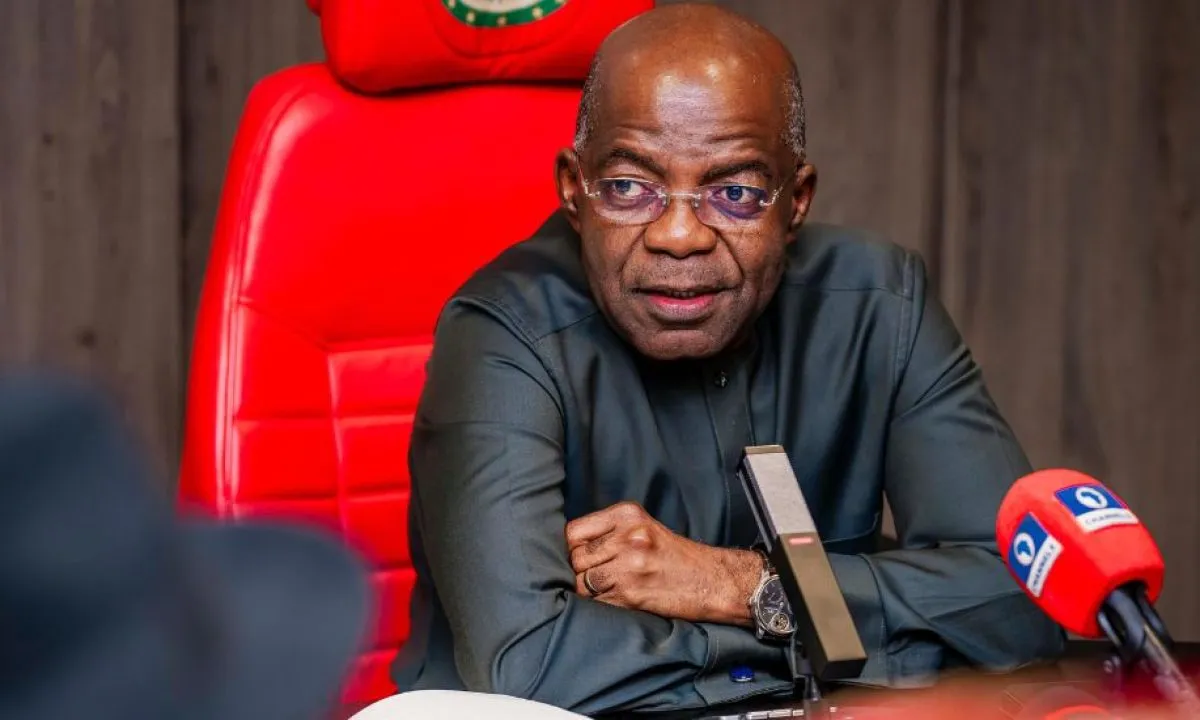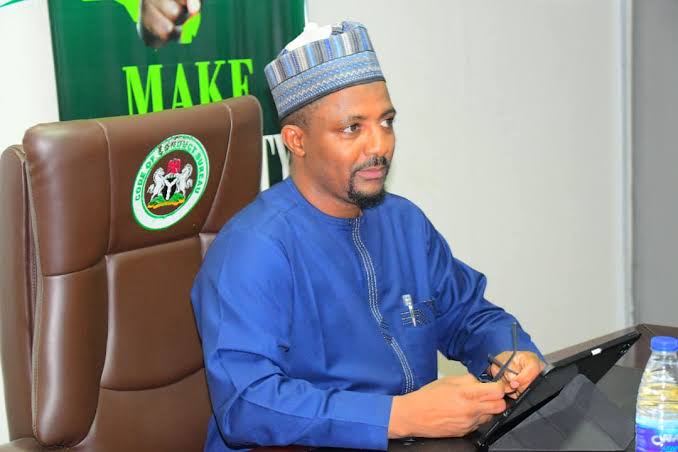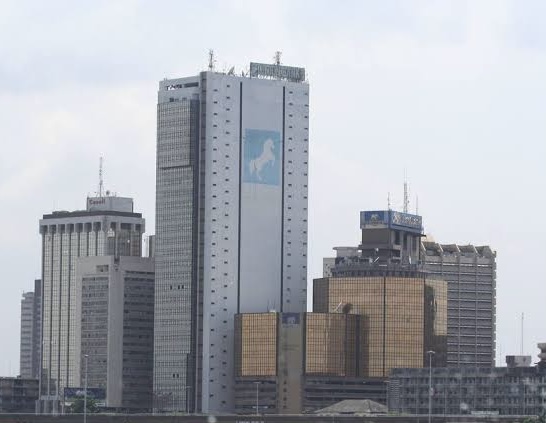
Governor Alex Otti of Abia State has announced plans to establish a state-run academy to deliver structured capacity-building programmes for the public service. The initiative, he said, is part of broader reforms aimed at enhancing service delivery and institutional performance across the state.
The governor made this known during his closing remarks at the Abia State Q2 2025 Executive Council Strategy Retreat held at the International Conference Centre, Umuahia.
Otti directed all commissioners and heads of ministries, departments, and agencies (MDAs) to develop and implement tailored training and capacity-building frameworks. These, he emphasised, should focus on critical areas such as ICT, communication, stakeholder engagement, and value creation—aligned with the specific mandates of each organisation.
“One central takeaway from this retreat is the importance of structured training and mentorship, which helps people become better versions of themselves—and, by extension, better employees,” he stated.
The governor added that while internal resources will be prioritised, external experts may be engaged where needed. He stressed that no staff member should be exempt from participation and warned that failure to comply would attract sanctions.
He further directed that assessment metrics be developed to track the effectiveness of training, with outcomes reflected in employee responsibilities. He also called for periodic reporting on implementation progress across all MDAs.
“As a future-focused administration, we are instituting a system where government employees will undergo scheduled training at regular intervals,” he said.
Otti disclosed that the planned state academy will serve as the hub for these capacity-building efforts.
In addition to civil service training, he announced plans for a mentorship programme targeting 1,000 young people aged 16 to 20 in secondary and tertiary institutions across Abia. The initiative, to run from early August to mid-September, will focus on leadership development, character building, and self-discovery.
The programme, he said, will be institutionalised and properly certified. “It must transform young minds, expose them to new ways of thinking, and prepare them for leadership and service in their communities,” he said.
Describing youth as the state’s greatest asset, the governor reaffirmed his commitment to investing in both traditional and modern education systems.
He thanked the organisers, development partners, consultants, and the Abia State Global Economic Advisory Council for their contributions to the retreat’s success.
He concluded by urging all retreat participants to apply the knowledge gained to drive improvements within their respective agencies.
“Building a new Abia is our collective responsibility, and I am confident that you will not let us down,” he said.












